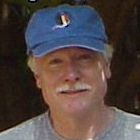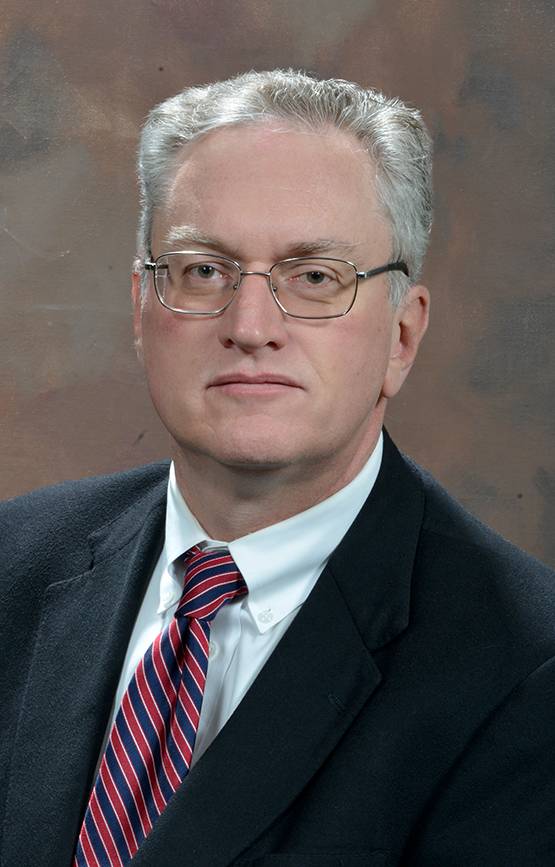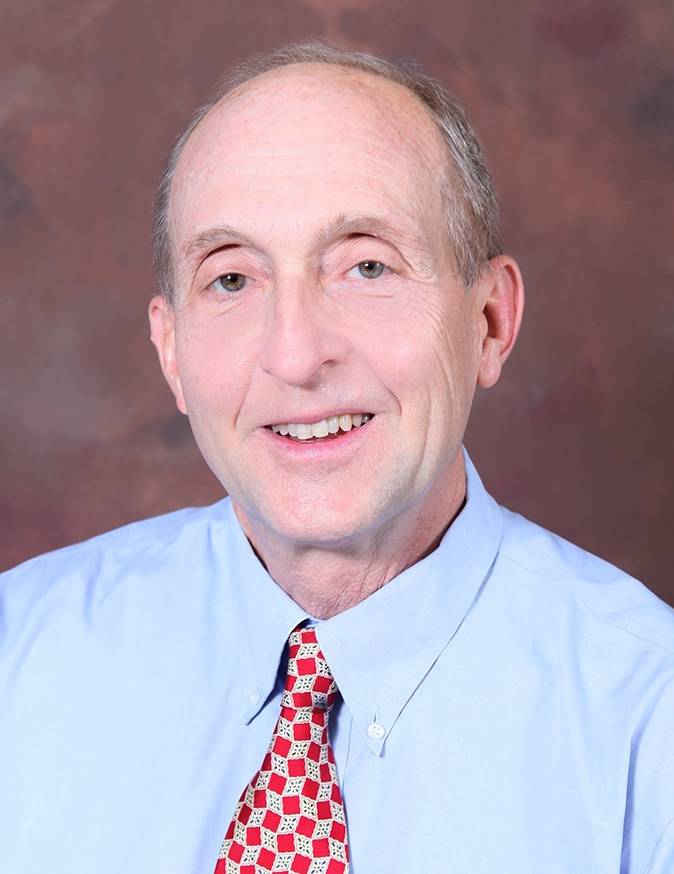- Augusta University
- Colleges & Schools
- Pamplin College
- HAP
- Faculty & Staff
Faculty & Staff
We offer a dynamic education where students can choose from a wide array of courses about U.S. and global history, historical archaeology and cultural anthropology, and contemporary and historical philosophy.
Our devoted and talented faculty hail from top-ranked graduate programs across the U.S. and Canada. Our department has a tradition of faculty engaging in pioneering research and publishing, with recent faculty books examining the legacy of World War I, the disabled population in Medieval England, and teenage sexuality in Ghana. Our faculty’s varied interests and expertise makes for varied courses and a vital curriculum. We offer undergraduate degrees in Anthropology and History, with history majors having the option of pursuing a teacher certification program.
Our faculty have a deep commitment to teaching and mentoring.
Contact Us
History, Anthropology, & Philosophy
Summerville Campus
Suite E222
1120 15th St, AH-E222 Augusta, GA 30904
Our Faculty
Brian Armstrong
Associate Professor of Philosophy
Philosophy, Literature, Dostoevsky, Wittgenstein
Brian Armstrong has an academic background in both philosophy and literature, with a particular focus on European literature, philosophy, and ethics. He uses a wide ranging texts – from Japanese Buddhist poetry to contemporary superhero films – to teach critical thinking, sharpening students’ ability to know and understand the world. His current work focuses on the philosophical implications of Dostoevsky’s fiction.
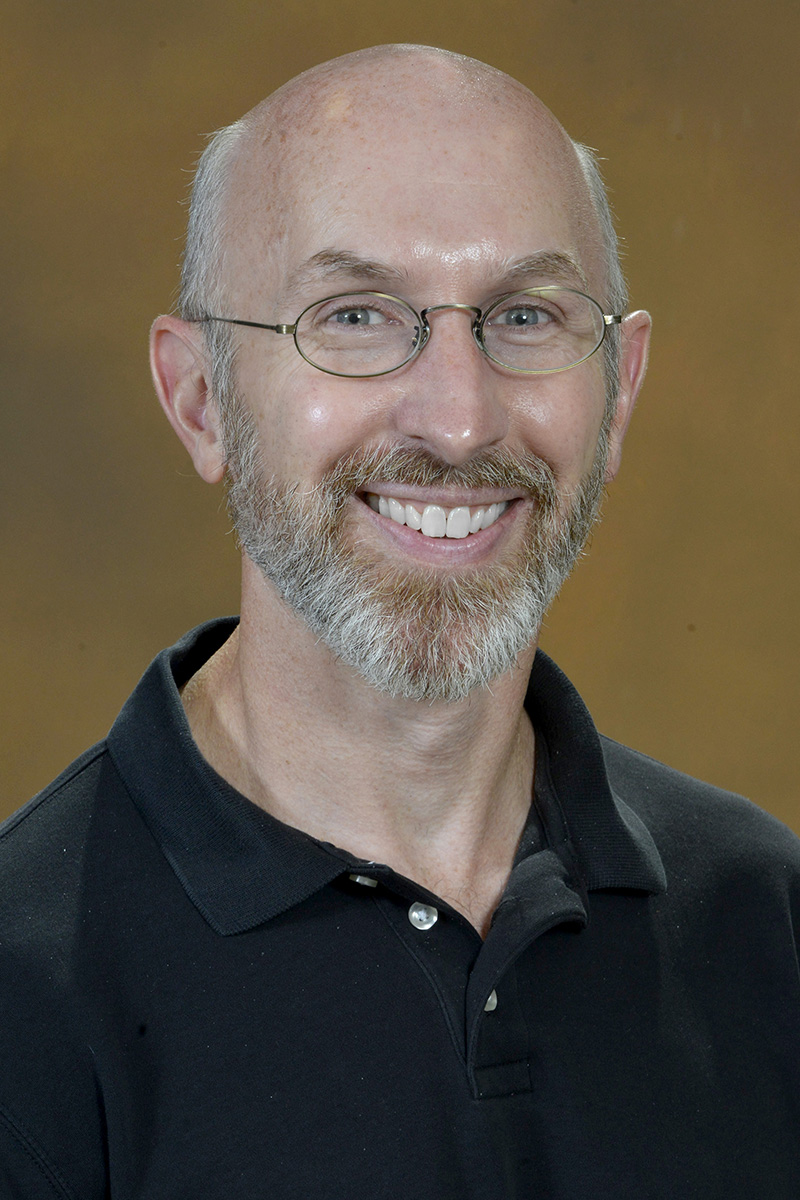
Joseph Bradshaw
Assistant Professor of African/Islamic History
Dr. Joseph “Joey” Bradshaw is a historian of 19th Century West Africa. He is a former Navy linguist who uses Arabic sources in his work. His current research focuses on Islam, warfare and identity in the Western Sahel and considers how African leaders used an Islamic discourse to legitimize their strategic and political actions. He teaches a wide range of courses that explore medieval African kingdoms, African religious history, slavery, modern African politics and contemporary social issues on the African continent.
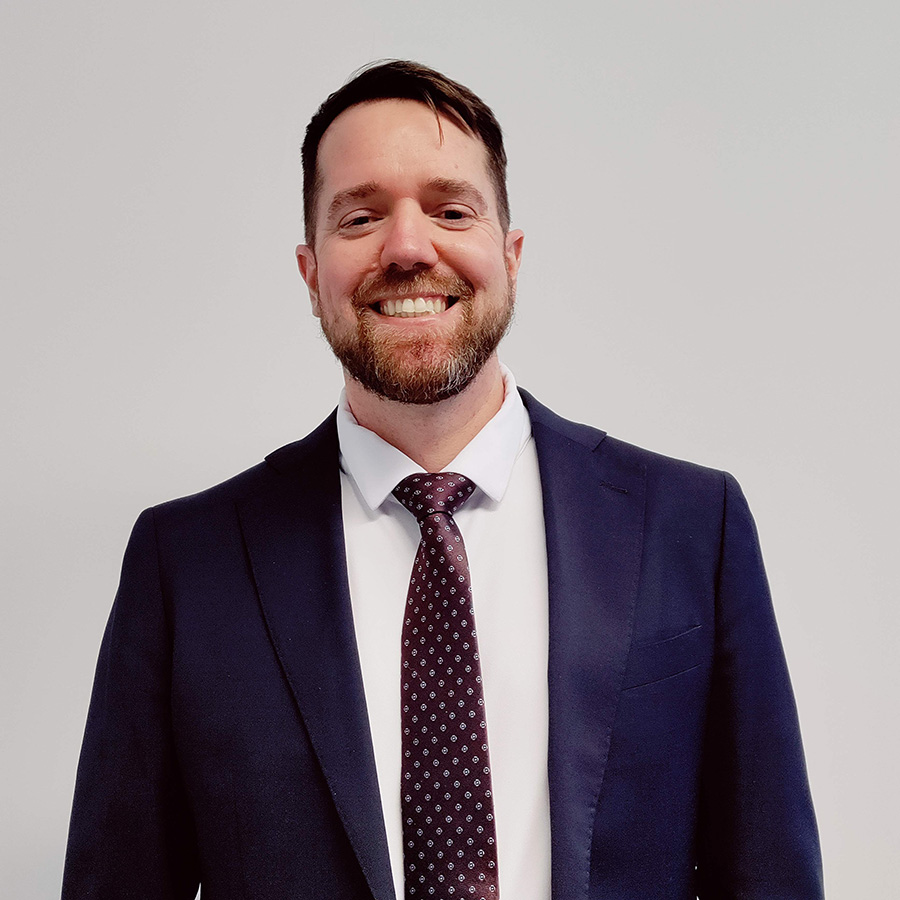
Angela Bratton
Associate Professor of Anthropology, Cultural Anthropology, Africa
Angela Bratton researches in the areas of gender, sexuality, reproduction, education, socialization, identity/representation, adolescence, Africa, and feminist ethnography. Her book An Anthropological Study of Factors Affecting the Construction of Sexuality in Ghana examined identity, schooling, and teenage pregnancy in a West African country.
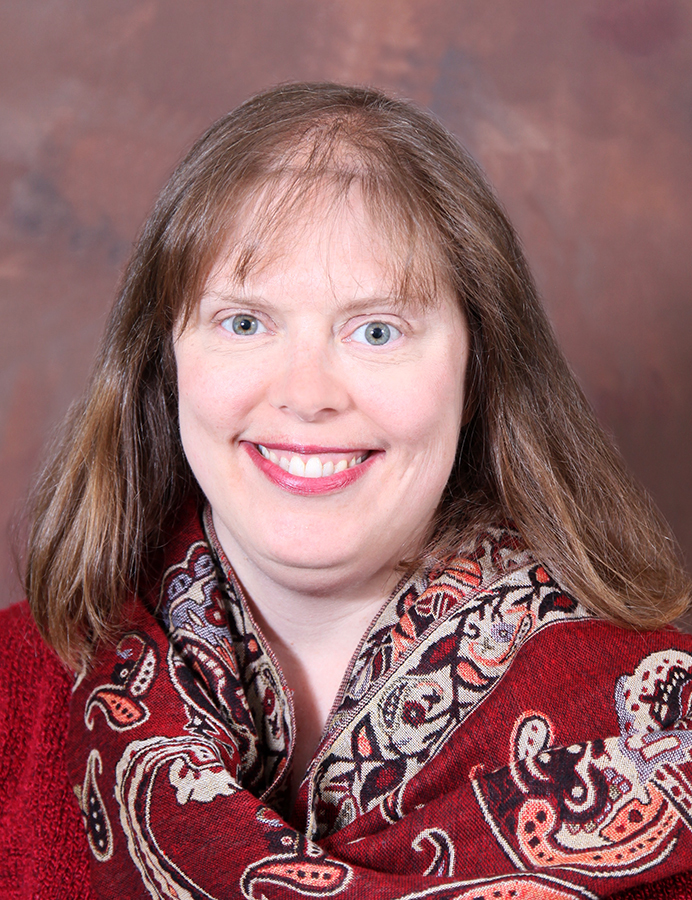
Tony Chackal
Assistant Professor of Philosophy, Ethics, Environmental Philosophy, Political Philosophy, and Aesthetics
Dr. Chackal's research focuses on Ethics, Environmental Philosophy, Political Philosophy, and Aesthetics. A central tenet of his approach is the idea that Philosophy is all around us in everyday life, not merely an abstract academic subject. Accordingly, he seeks to highlight how philosophical questions and thinking may inform and enhance aspects of one's existence and worldview, from exploring questions concerning the nature of moral character and ethical action to those regarding political theory and civic participation, from inquiries concerning concepts of the good and beauty to those regarding relationships to natural and social environments. His current projects concentrate on applying his theory of 'ecological autonomy' to issues in bioethics, indigenous philosophy, and philosophical questions of race, art, and technology.
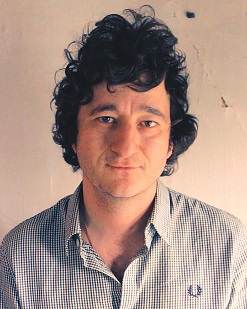
Heather Chiero
Associate Professor of History, Latin America, Latino/Hispanic U.S.
Dr. Chiero is a historian of the Americas, bringing her interdisciplinary background in Anthropology and Geography to her scholarship and teaching. Her areas of expertise include Central America, Caribbean, Mexico, and the U.S. West, with topics centered on under-represented populations, material culture, and environmental activism. She is a graduate of HERS Women in Higher Education Leadership institute, NEH Summer Institute "Shaping the American West," and Columbia County Leadership Class 2016. She also serves as Regional Representative to Phi Alpha Theta National History Honor Society, university appointee on the Americas Council, and Conference Organizer for the Annual Conference on the Americas.
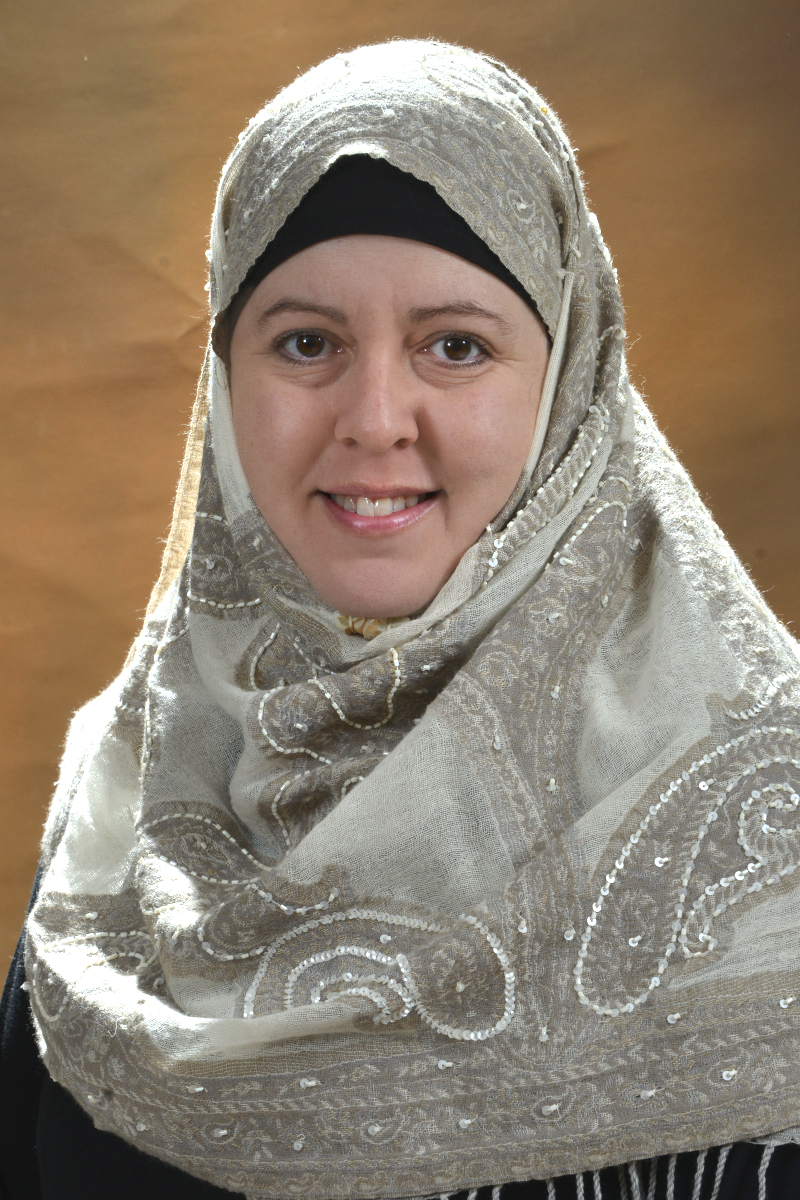
Melissa DeVelvis
Assistant Professor of History,
Civil War Era, U.S. South, Women in the Nineteenth Century
Melissa DeVelvis specializes in the Civil War Era, the U.S. South, and women in the nineteenth century. Her public history work examines local histories, slavery and memory, museum studies, and digital archives and mapping. Her book, Gendering Secession: White Women and Politics in South Carolina, 1859-1861, will analyze the political consciousness of elite white women and the gendered strategies through which they defended the southern slaveholding way of life on the eve of secession. DeVelvis teaches Public History, Military History, Civil War and Reconstruction, and women’s history courses cross listed with the Women’s and Gender Studies program.
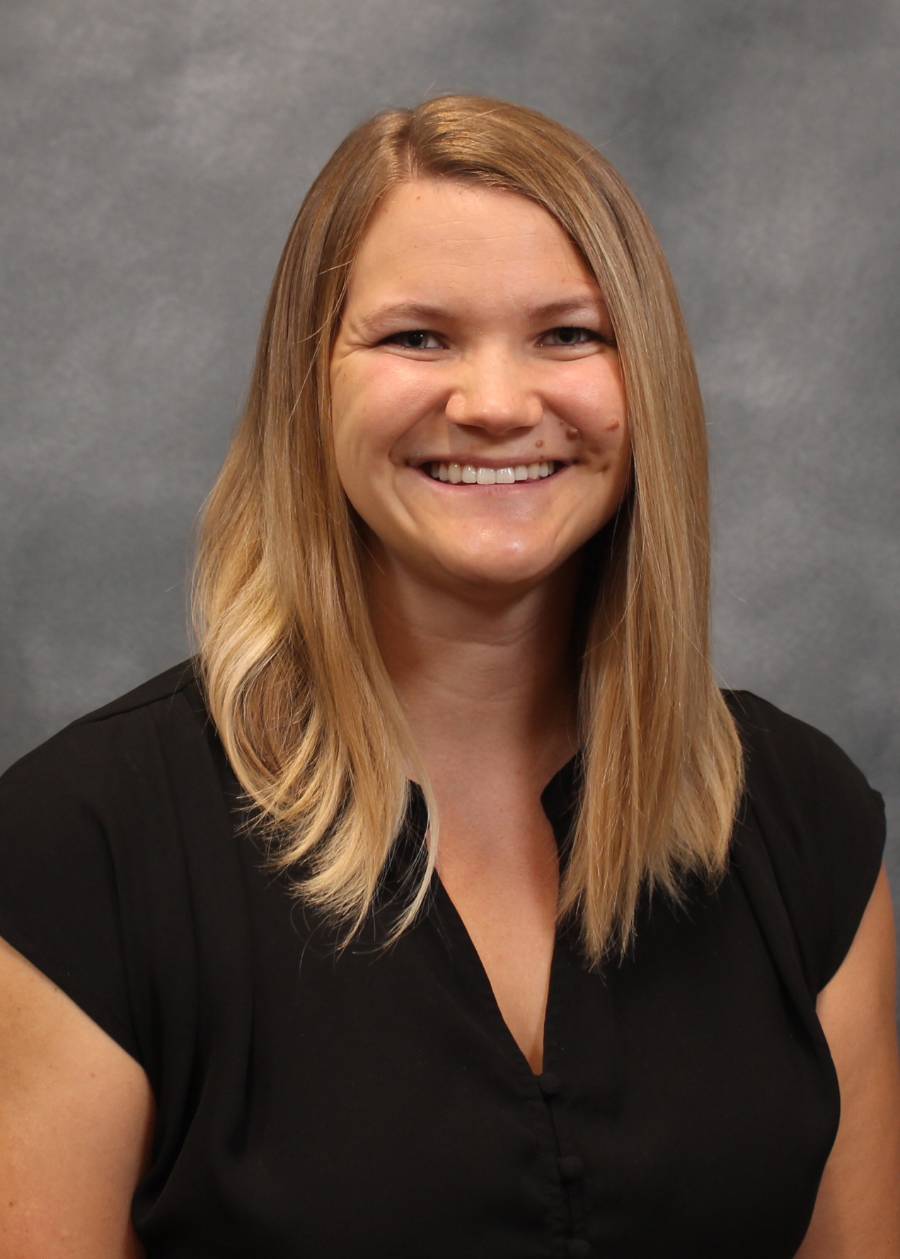
Jodi Fissel
Lecturer of European History, American History, World History, Modern Europe
Jodi Fissel teaches American and world history with a focus on modern Europe.
Her interest is twentieth century Europe, including World War II, the Holocaust, and
the Cold War.
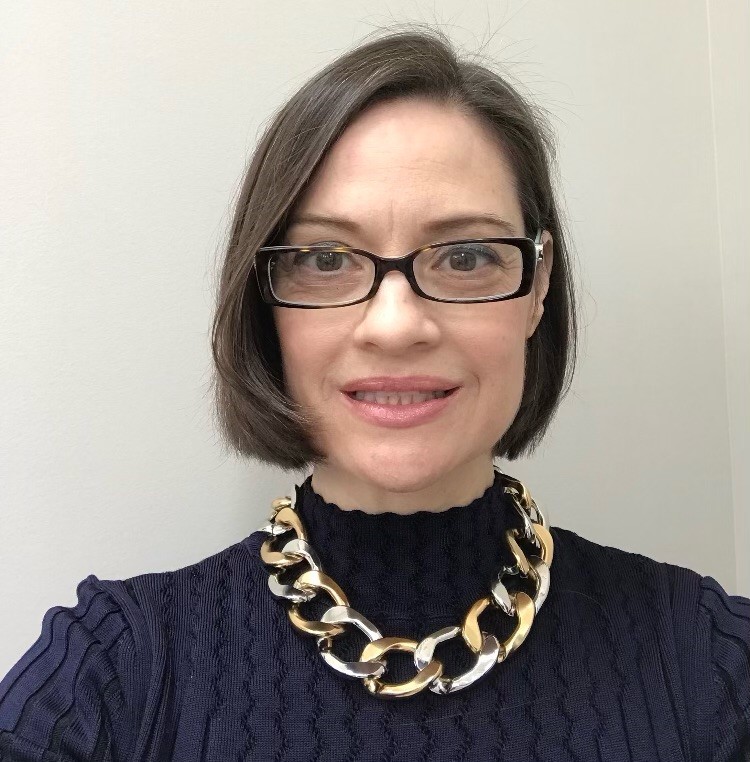
Andrew Goss
Professor of History, Asia, Indonesia, Science
Dr. Andrew Goss’ research examines the scientific and technological interactions that have contributed to creating the modern world, in particular in the context of empires and colonialism. His teaching interest extends to the political and cultural history of Asia, the Middle East, and Europe. He is a leading expert on the history of science in Indonesia, and has published about the history of science, empire, and medicine.
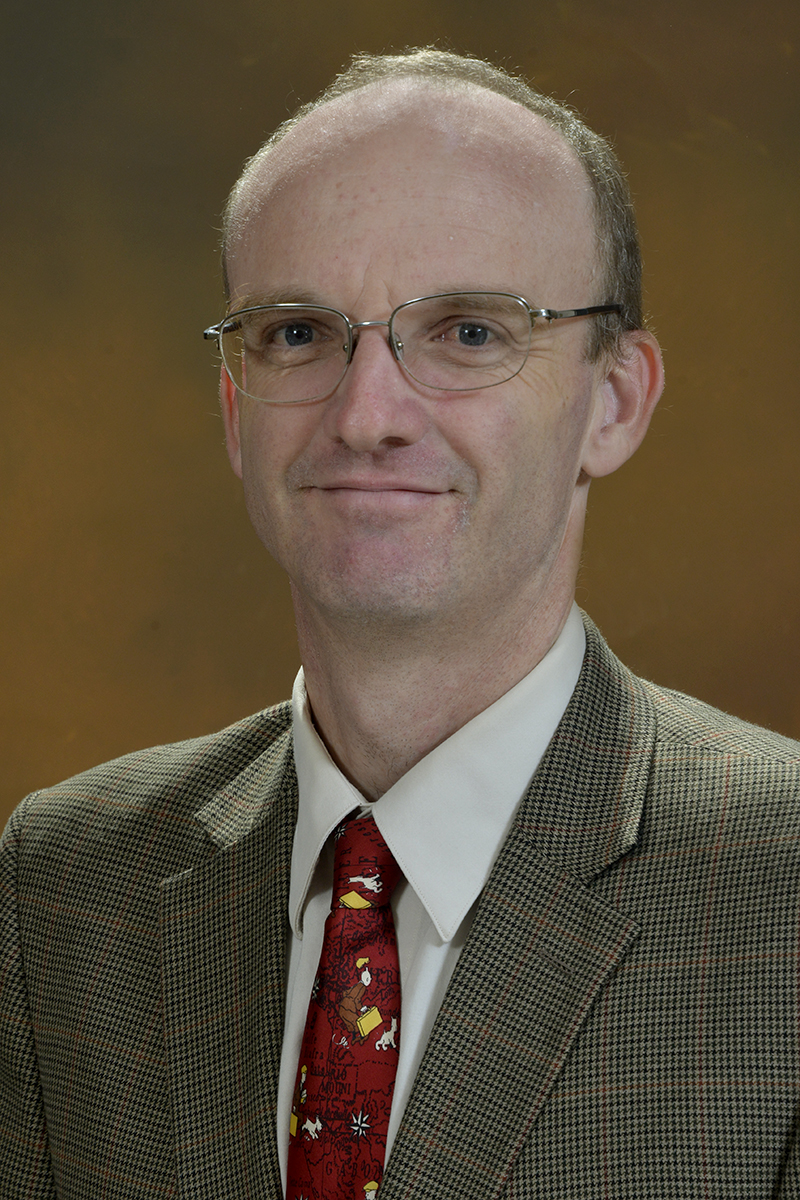
Tyler Greene
Lecturer of American History, Agricultural History, History of Capitalism
Tyler Greene is a historian of the United States who specializes in the rural South. His teaching and research interests include agricultural history, the New Deal and its legacy, and the history of capitalism. He is currently writing a history of rural industrialization in the post-World War II South, examining how state and local officials attempted to use factories as a means of preserving an idealized rural way of life.
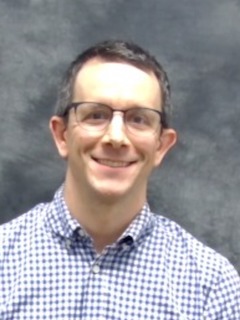
John Hayes
Associate Professor of History, 19th-20th c. US, the South
John Hayes is a historian of the 19th and 20th century United States, with a focus on the South. His first book, Hard, Hard Religion: Interracial Faith in the Poor South (UNC Press, 2017) analyzed a distinct folk Christianity crafted by impoverished people, Black and White, in the New South. His second book project, The People Rebelled, seeks to tell the complex story of the riot of May 11-12, 1970, in Augusta, Georgia—the largest Black rebellion in the Civil Rights/Black Power era South.
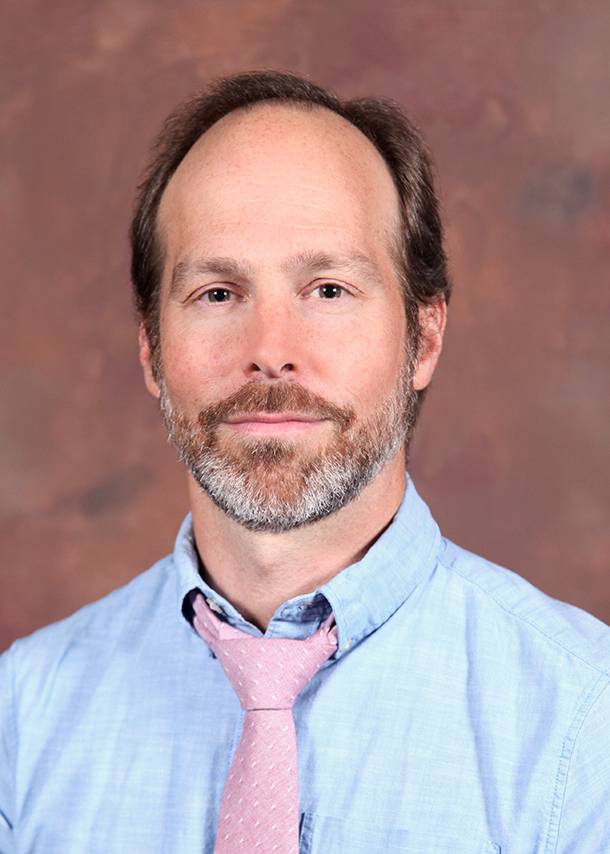
Thom Loyd
Assistant Professor of European/Russian History
Dr. Thom Loyd is a historian of the Soviet Union in global and transnational perspective. His research focuses on the intersections of Black and socialist internationalisms during the Cold War. His current book project, Black in the USSR, examines the mutual influence of Africa and the Soviet Union during the post-Stalin period, arguing that Africa played an outsized role in the development of late-Soviet society. He previously earned his PhD at Georgetown University, having completed his undergraduate and Master’s degrees back home in the UK.
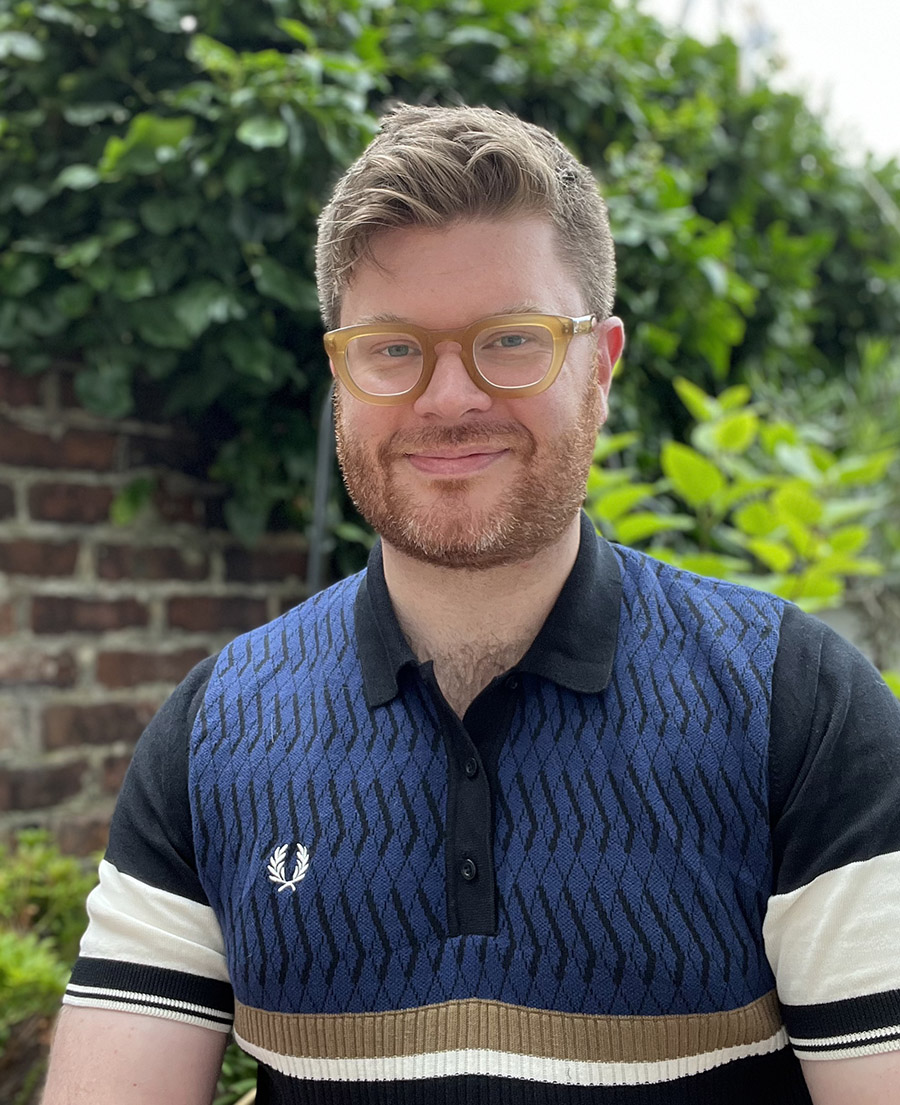
Chenxi Luo
Assistant Professor of History, Late Imperial China
Chenxi Luo is a historian of late imperial China, with particular interests in slavery and law. Her current book project explores slavery in Qing China through the lenses of gender and ethnicity. This research has been supported by the American Council of Learned Societies, the Chiang Ching-kuo Foundation, and other organizations. Her intellectual pursuits also extend to the history of Asian Americans in the contexts of migration and diaspora. Chenxi teaches broad surveys of Chinese, Eastern Asian, and World Histories, as well as specialized courses on gender, sexuality, and human trade. She received her Ph.D. from Washington University in St. Louis in 2024.
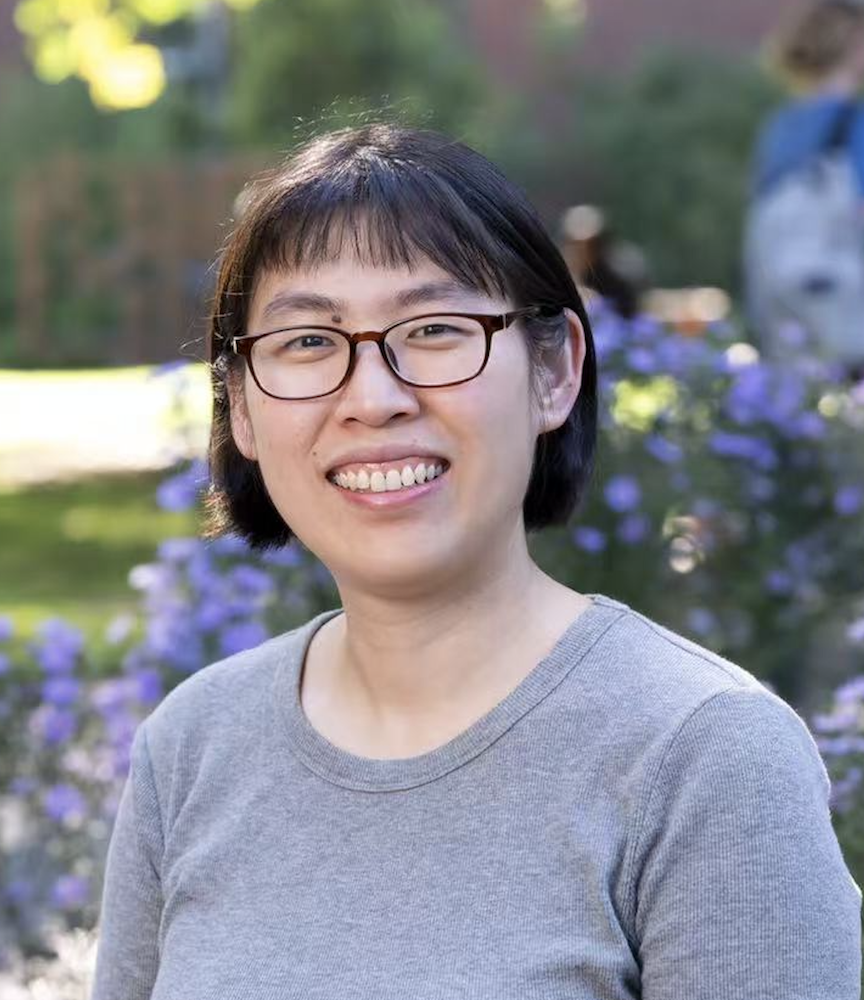
Ruth McClelland-Nugent
Department Chair, Associate Professor of History
Ruth McClelland-Nugent is interested in transatlantic popular culture, from the rowdy heroines of Restoration comedies to military nurses in World War II movies. Her dissertation considered the image of witches, rebels, and heretics in 17th century English cheap print (all of which is more exciting than it sounds). More recently, her research has focused on gender in 20th century comic books, including the place of psychology and other sciences in early Wonder Woman comics.
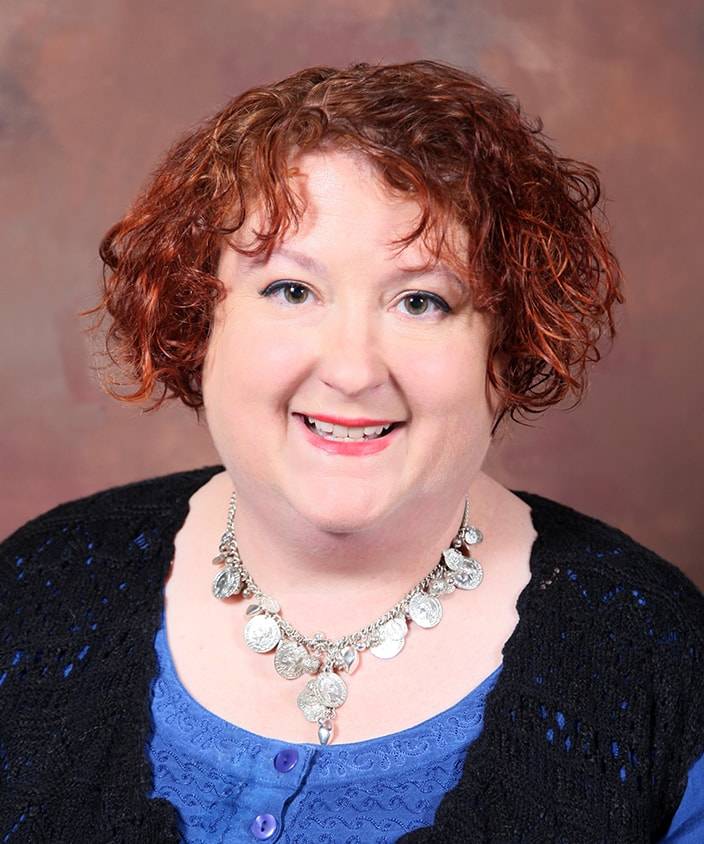
DJ Polite
Assistant Professor of History, American Studies, History Education
DJ Polite earned his bachelor’s degree in American studies from Williams College, a master’s in education from CUNY-Brooklyn College and his Ph.D. in history from the University of South Carolina. Prior work includes teaching special education in a public charter high school, and as a historic guide and interpreter for home museums in South Carolina. His research looks primarily on the mutually reinforcing growth of U.S. Jim Crow policies and empire in the Caribbean, particularly Puerto Rico. It explores the ways that the solidification of both relied on each other and cemented secondary citizenship status for African Americans, Puerto Ricans, and especially women of both groups.
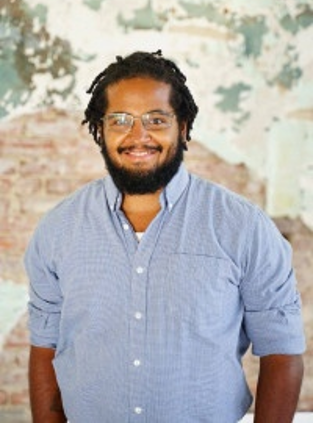
Jonathan Root
Lecturer of American History
Jonathan Root is a historian of the 20th-century United States. He teaches courses in the history of the United States. His dissertation was a cultural history of the prosperity gospel. His first book, Oral Roberts and the Rise of the Prosperity Gospel, was published in 2023. His second book project is a biography of Chuck Norris.
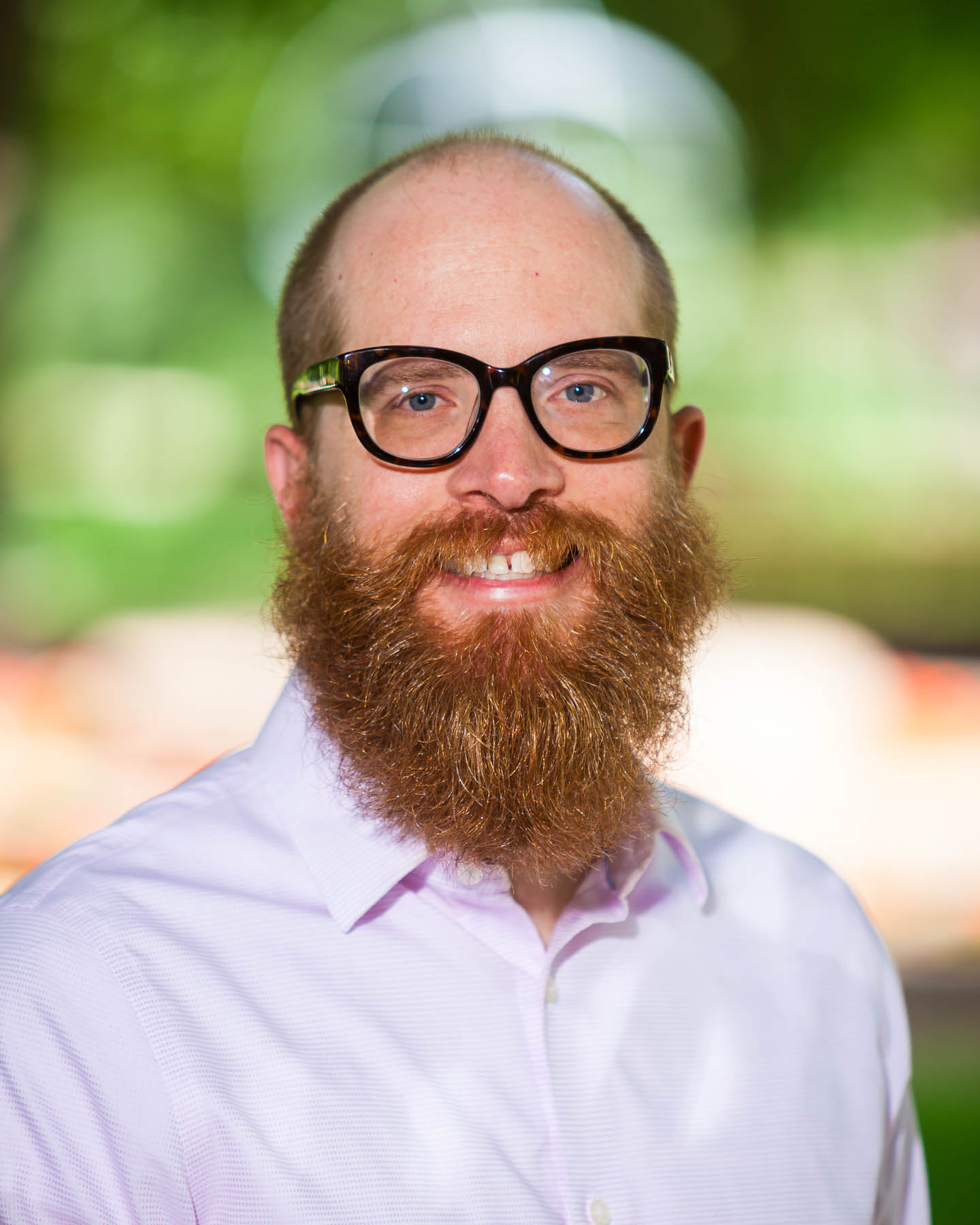
Matthew Taylor
Biological Anthropology Assistant Professor,
Human Osteology, Bioarchaeology, Forensic Anthropology, Biological Anthropology
Dr. Taylor is a biological anthropologist with research interests in human osteology, bioarchaeology, forensic anthropology, and theory in biological anthropology. Most of his work has focused on the prehistory of Texas and adjacent areas of the American Southwest. Dr. Taylor also has an interest in museum curation and management. He has previously worked with the Texas Archaeological Research Lab (The University of Texas at Austin), the Panhandle-Plains Historical Museum, Premier Exhibitions, the University of Washington (Seattle), and Georgia Southern University. Current research includes dental analysis of early hunter-gatherers and the use of scientific theory in biological anthropology.
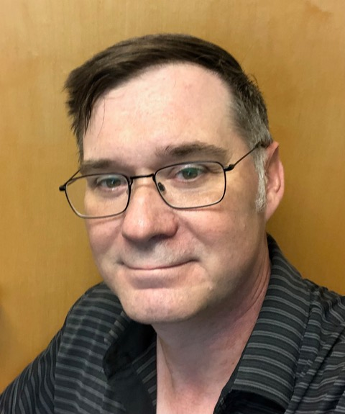
Jingsi Teng
Lecturer of Philosophy
Dr. Jingsi Teng’s research focuses on applied ethics with a particular emphasis on environmental ethics. She is especially interested in the idea of long-term climate justice — that is justice for people who will be born long after we have died. Her dissertation addresses problems of grounding and calibrating the harm-making features of long-term climate change effects, mainly concerning distant future people over the coming centuries. She primarily teaches undergraduate level philosophy courses in critical thinking, ethics, and philosophy in general.
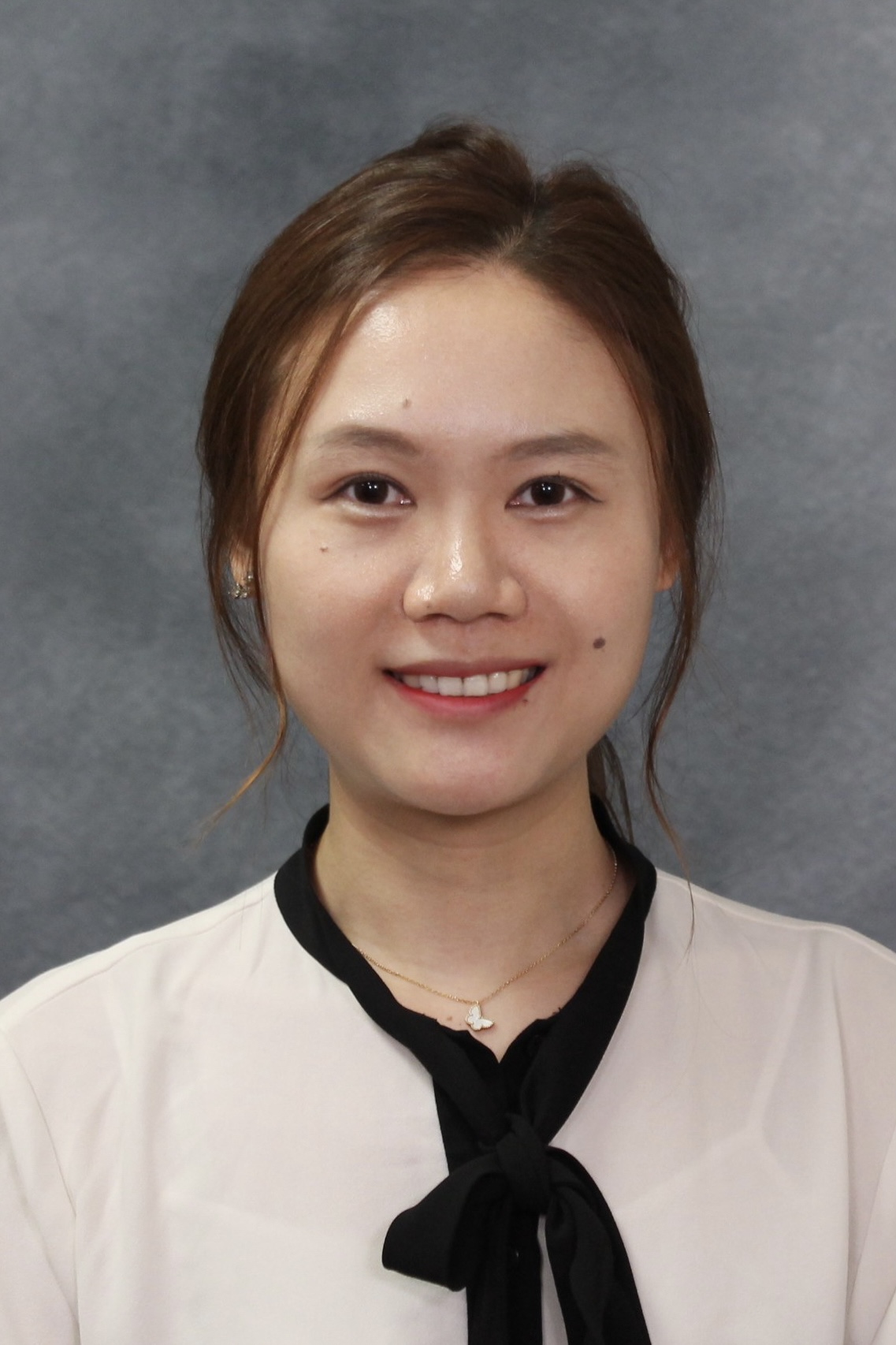
Stacey Thompson
Director of the Guard House Museum
Lecturer of Museum Studies
Stacey Thompson specializes is museum administration, exhibition development and collections management. Her interests include interactive exhibition development, the intersection of history and material culture, and corporate diversity and inclusion. She has worked as a museum professional for the past fifteen years at institutions that include The American Museum of Natural History, The National Archives, the Morris Museum of Art and the Smithsonian National Anthropological Archives. She served as executive director of The Museum and Railroad Historical Center in Greenwood, SC and oversaw the restoration of seven historic train cars. She has published on the culture of budget tourism and the history of Greenwood, South Carolina.
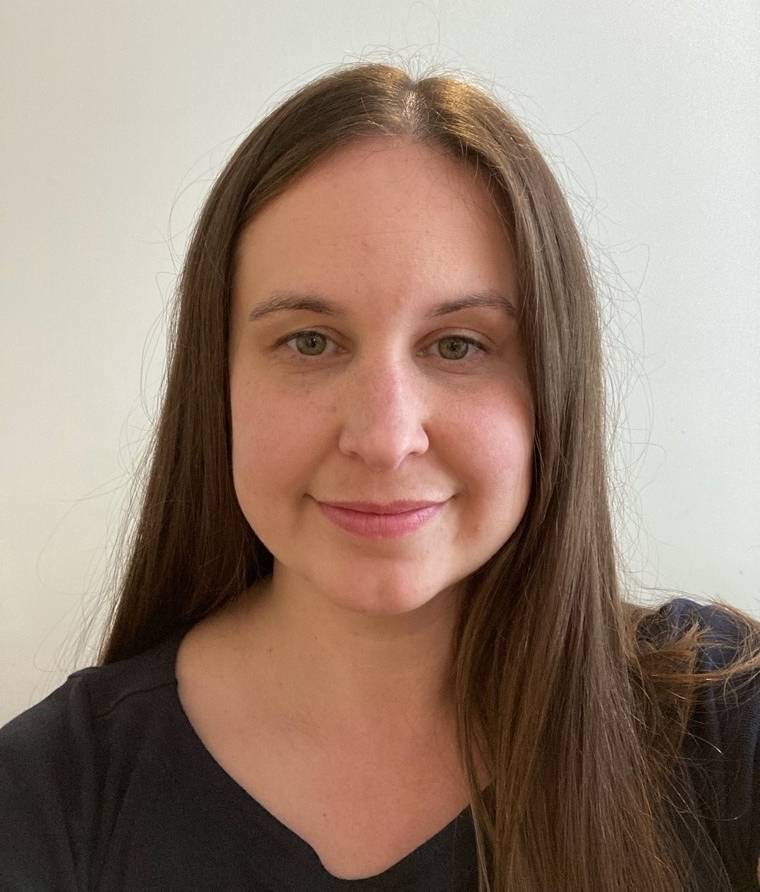
Jennifer Trunzo
Associate Professor of Anthropology,
Historical Archaeology, Eastern U.S.
Jen Trunzo's research focuses on Historical Archaeology from the colonial period until about 1900. Her specific research interests are consumerism, ceramics, politics, identity, and war. She is also the archaeologist in charge of historical preservation and research regarding the Augusta Arsenal, which is the Summerville Campus of Augusta University. She has a wide range of archaeological experience, including North American prehistory, cultural resource management, and several forensic archaeological recovery operations.
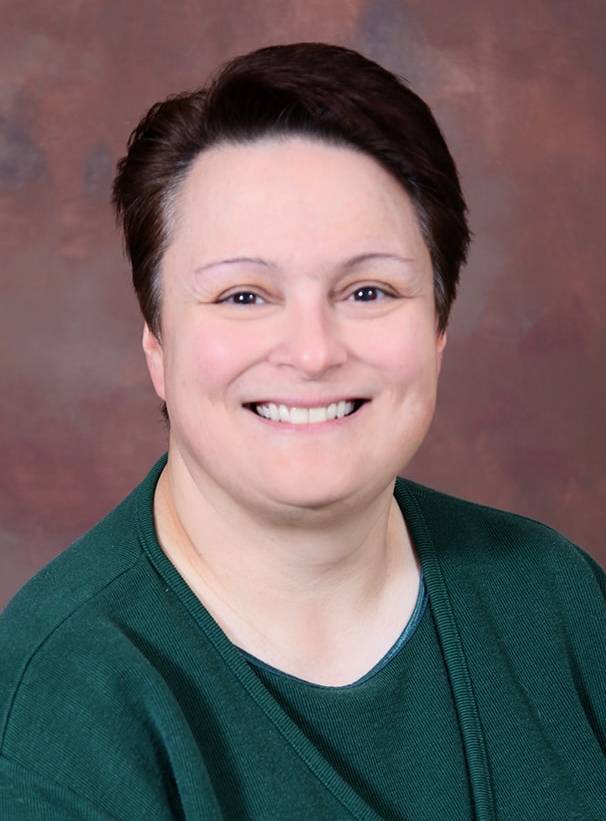
Wendy Turner
Professor of History, Medieval Europe, Medicine
Wendy J. Turner is a medieval historian, researching the intersection between law and medicine in medieval England, with special attention given to disabilities. She is also a professor with the Center for Bioethics and Health Policy at AU. Other research includes medieval law more generally, medicine, alchemy, and power. Well published, she is active on three editorial boards: “Premodern Health, Disease, and Disability” with Amsterdam University Press, “Peculiar Bodies” with the University of Virginia Press, and “Explorations in Medieval Culture” with Brill. Among other grants, Turner received a Leverhulme Trust Visiting Professorship (University of Swansea) and a British Academy Fellowship.
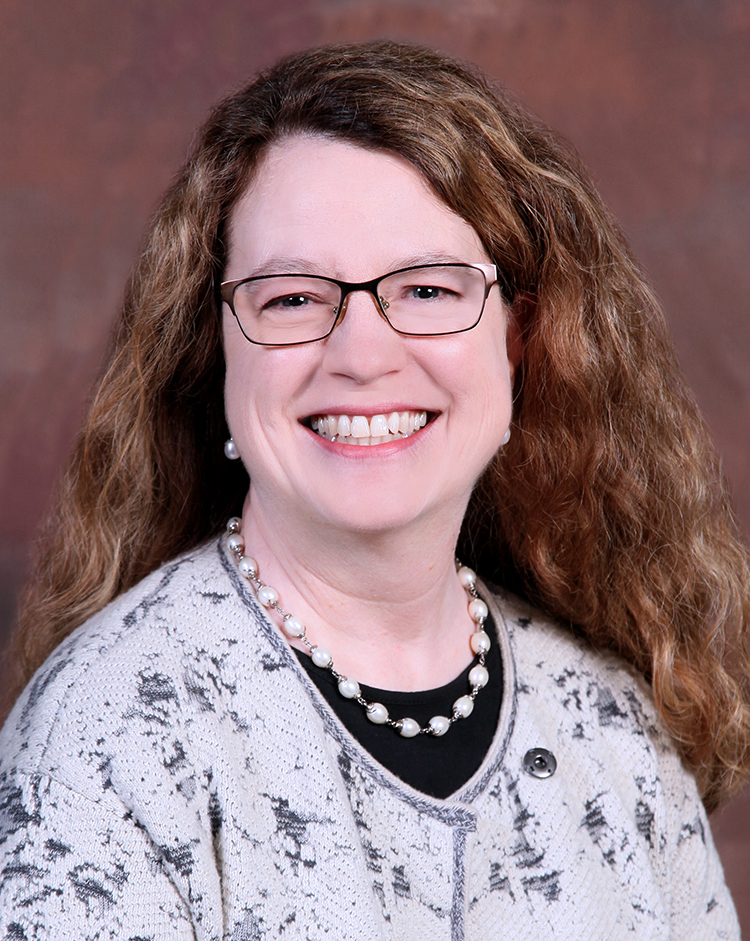
Elizabeth Wakefield
Lecturer
Elizabeth Wakefield is a biological anthropologist whose research focuses on paleoepidemiology, bioarchaeology, public health, human osteology and forensic anthropology. Her dissertation examined ratios of iron and copper isotopes in human skeletal remains as a method of estimating sex. She has previously conducted fieldwork at the Smithsonian Museum of Natural History in Washington D.C, as well as the Forensic Anthropology Research Facility at the University of Texas at Austin. Additional research interests include museum collections and exhibitions, non-Western medical practices of enslaved persons during the Civil War, and historic quarantine houses of the American South. She primarily teaches undergraduate level courses in biological anthropology including forensic anthropology.
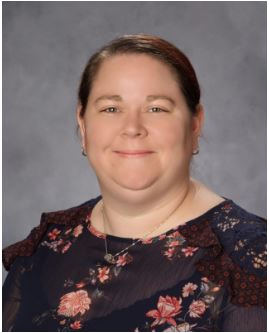
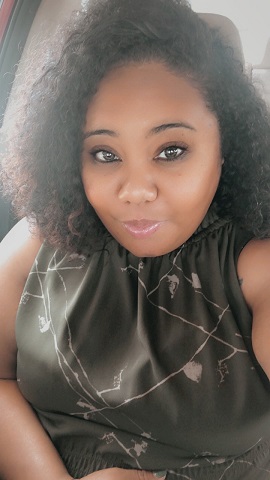
Emeritus Faculty
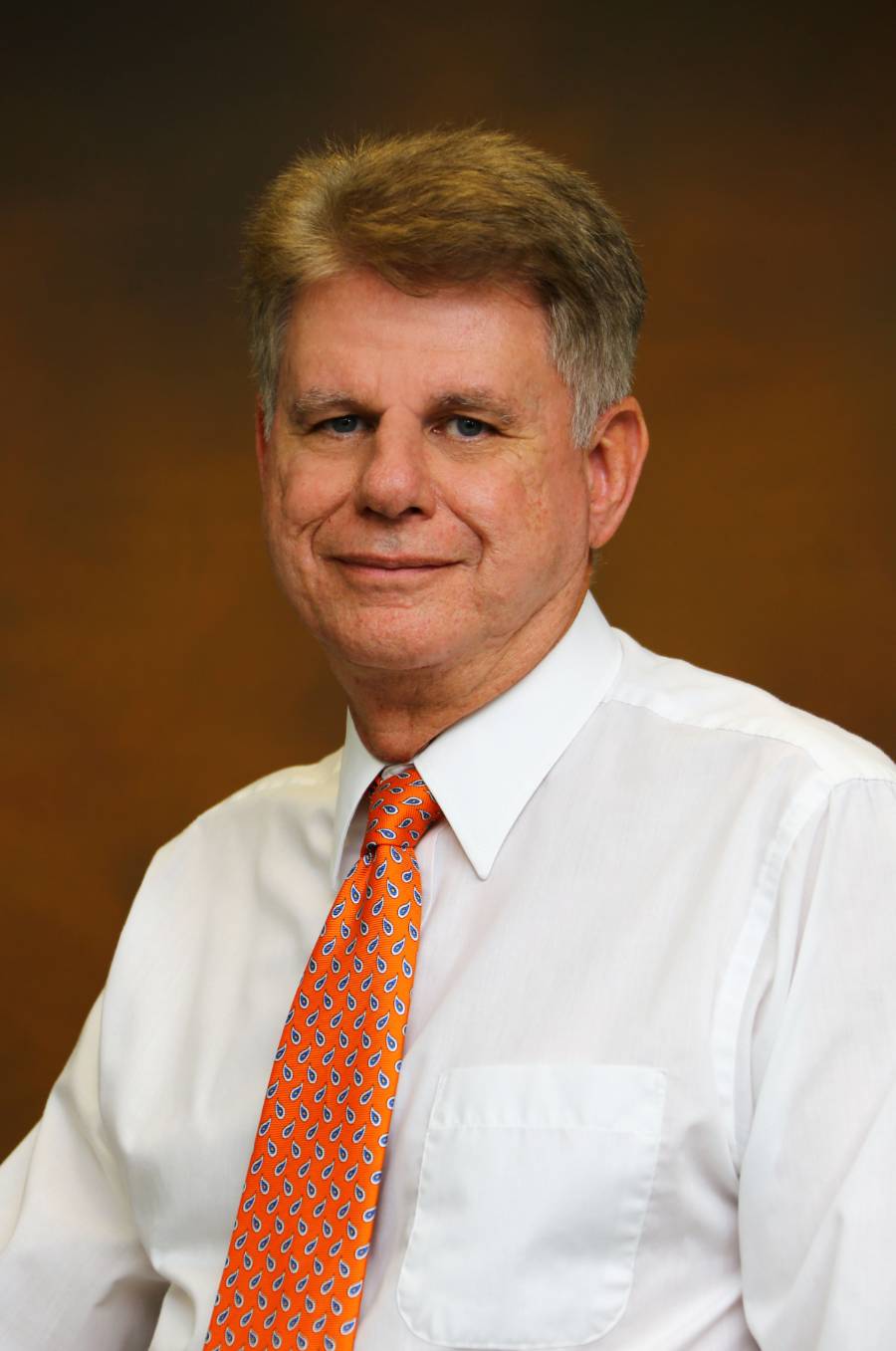
Michael B. Bishku
- Professor Emeritus of History
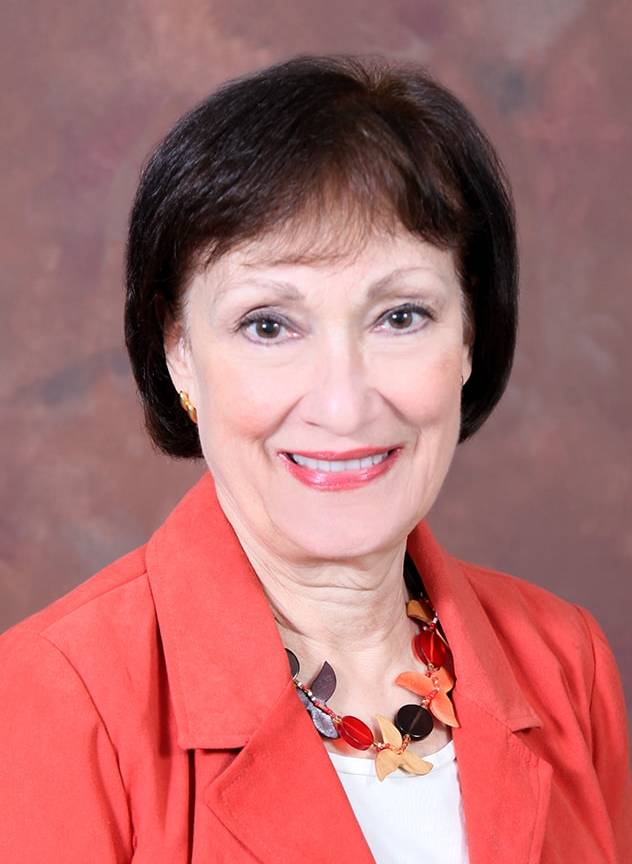
Lee Ann Caldwell
- Professor Emerita of History
- Volunteer Director of the Center for the Study of Georgia History
- University Historian-In-Residence
706-667-4101
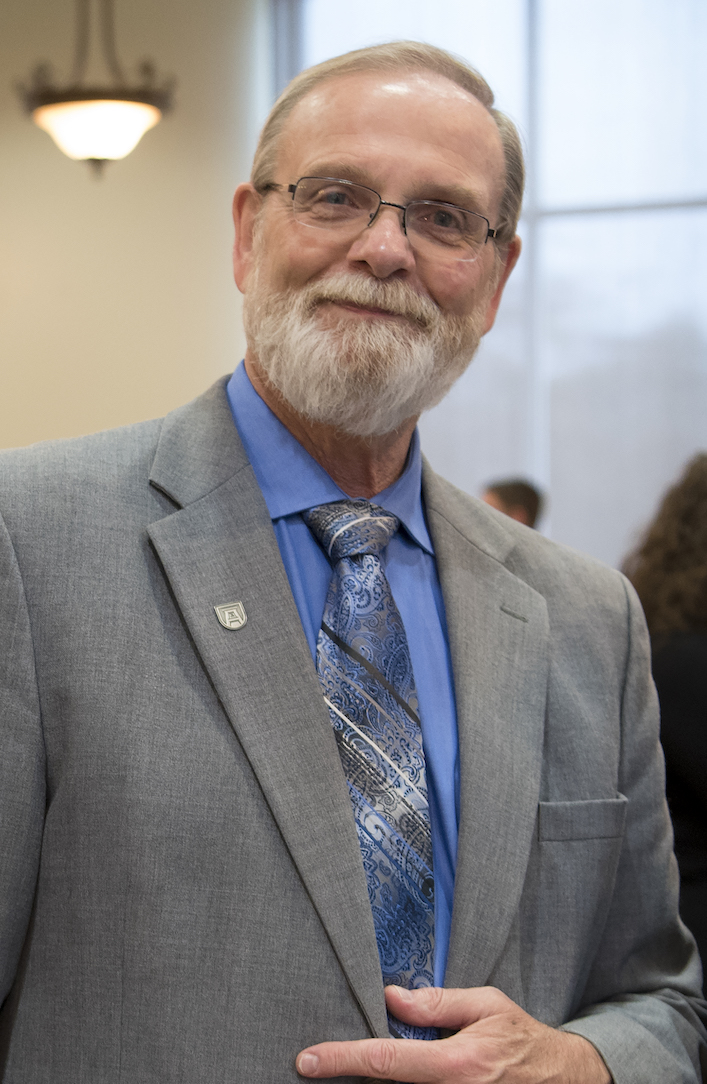
Charles W. Clark
- Professor Emeritus of History
- Dean of Arts, Humanities, and Social Sciences (2012-2017)
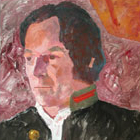
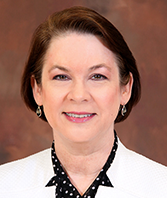
Elna Green
- Professor of History
- Dean of the Pamplin College of Arts, Humanities, and Social Sciences (2017-2020)
